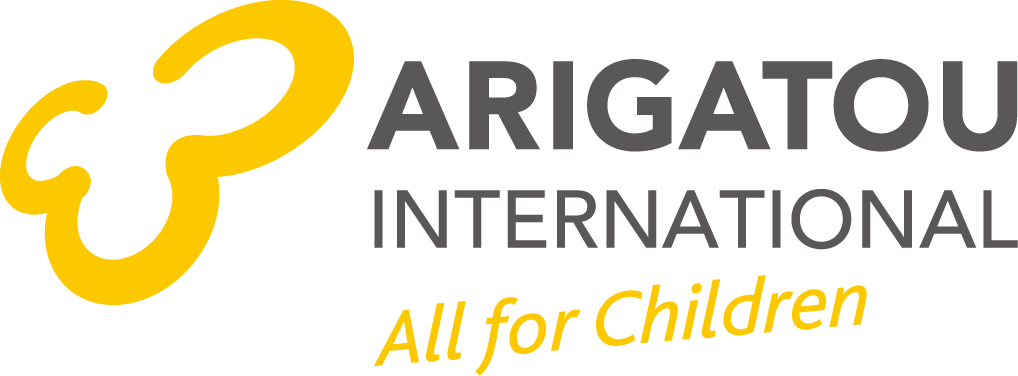I’m taking this training as an early career teacher (USA-based) who is looking to build skills toward providing childcare for organizing spaces. My vision is for the childcare to not just be babysitting (not to trivialize that labor), but to work towards children participating in organizing spaces. I have supported children’s participation in my classroom by making my lessons actively responsive to their voice and feedback, but mostly at the “Consulted and Informed” level or below :(. Trying to create a new space where the goal is level 6 or above on Hart’s Ladder is a new challenge which will involve building trust with parents & organizers, and advocating for why kids lib should be (or really, already is) a shared value. Difficulties I faced in the classroom were that…schools are places where children are conditioned into seeing themselves as non-participants who don’t have agency over how their time is spent, and my couple hours per week with them generally weren’t enough to bridge that gap. The kids I worked with responded instantly to my efforts to show them that I was listening and would make changes based on their input…but to transform that opening into real participation, they would also have to feel that putting effort into sharing ideas (i.e., investing energy, thought, time, heart into planning how their time in school was spent) was going to be worthwhile. When it never has been worthwhile before, and when school itself is sort of a place they’re coerced into being…that’s a big hill to climb. Occasionally it was possible to do a project that was child-initiated but adult-led (in that one or more of my students volunteered the idea when asked, and I made it happen during a subsequent class), but even in those cases, I wouldn’t say that I actually managed to inform them. Having a conversation about what materials were available / in-budget, what kind of scope was feasible, what would fit curricular goals and what wouldn’t was (for me at least) impossible within the tight class schedule — but also, and maybe more importantly, I couldn’t find a way to present those issues to my students in a way that they would feel interested in taking ownership over and thinking through. I don’t mean to imply that participation models aren’t workable in schools! Those challenges are what’s motivating me to seek out resources like this course, to find alternative interventions and ways of doing this work successfully. Everyone’s participation is important, and intergenerational communication makes so much possible that simply wouldn’t be otherwise.
Explore Our Global Initiatives
GNRC
Ethics Education
Prayer and Action
End Child Poverty
GNRC
Ethics Education
Prayer and Action
End Child Poverty
Arigatou International works with people from diverse religious and cultural backgrounds to promote children’s rights and well-being at all levels — from the grassroots to the global.
Stay Informed with Arigatou International
©2025 Arigatou International. All Rights Reserved. Privacy Policy Cookie Policy Copyright Agent Terms of Use Sitemap | Brand Assets

